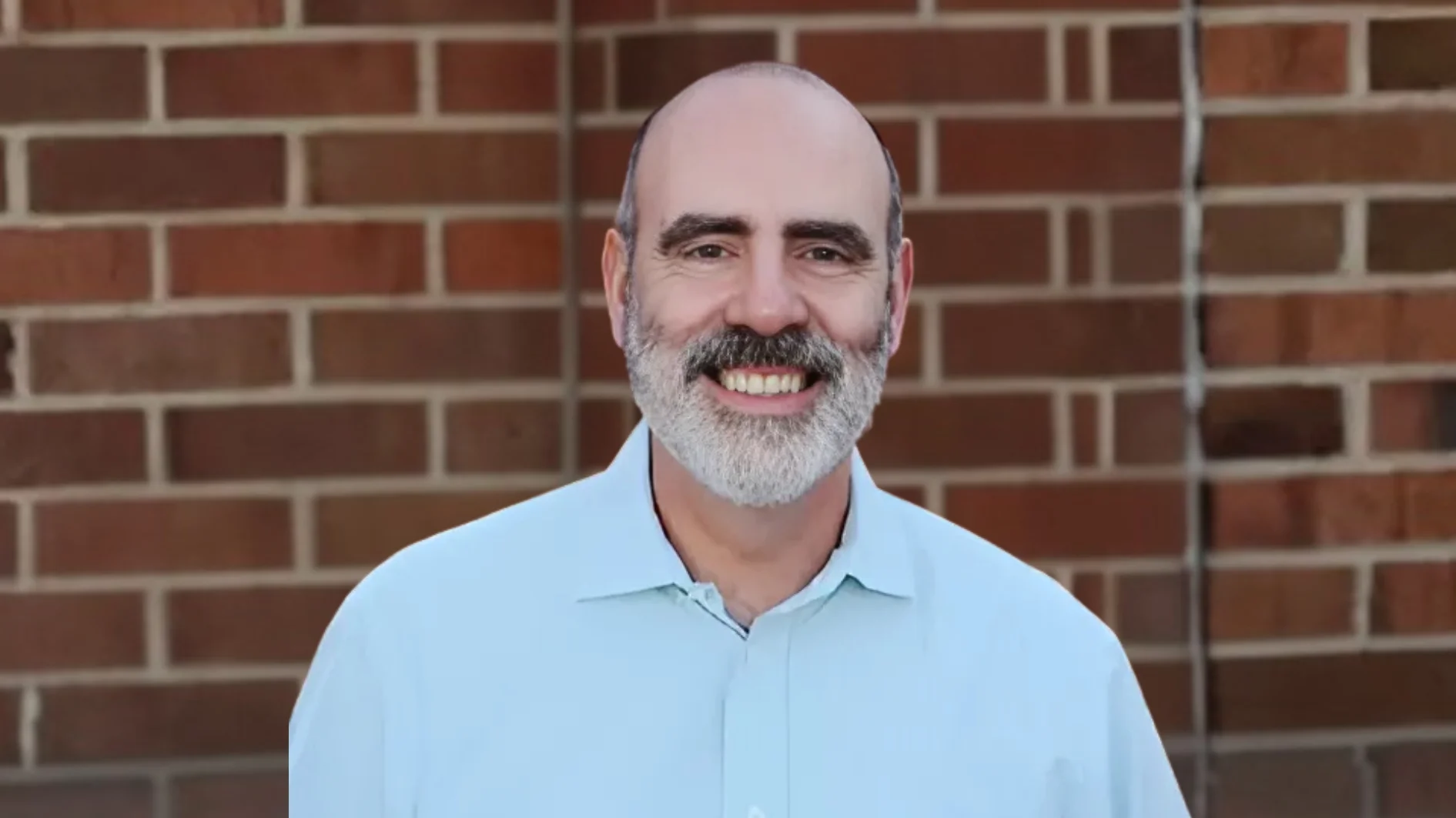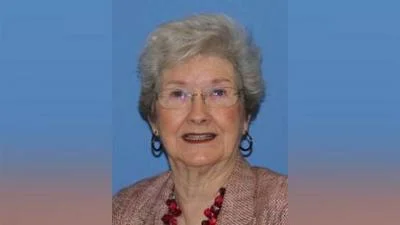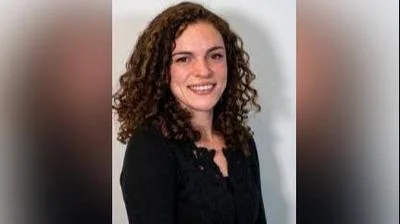Andres Diez, Executive Director at Food for Greater Elgin Inc. | foodforgreaterelgin.org
Andres Diez, Executive Director at Food for Greater Elgin Inc. | foodforgreaterelgin.org
The listed appropriations included two grants of $300,000, along with two additional grants totaling $300,000, all designated for programs or services funded by the State of Illinois.
These appropriations represent state-level funding authorized by lawmakers, reflecting what was approved in the budget, not necessarily disbursed. The funds cover only State of Illinois support and exclude federal, local, or other public sources.
Founded in 2011, Food for Greater Elgin Inc. states that its mission is: “To provide food security and access to community resources that stabilize lives.”
You can learn more about the organization at its website.
In its most recent IRS Form 990 filing filing for tax year 2024, the organization reported $6,449,060 in total revenue. Of that, $158,833 came from government grants including federal, state, or local sources, making up 2.5% of total revenue.
The nonprofit listed $6,443,010 in contributions overall. It also reported $5,310,840 in non-cash contributions, such as donated goods or services, and $6,284,180 categorized under other contributions, which may include restricted donations, pledges, or bequests.
At the beginning of 2024, Food for Greater Elgin Inc. had $809,425 in assets. By the end of 2024, that figure had changed to $2,593,780, indicating a significant 220.4% growth in overall holdings.
According to its filing, public funding to Food for Greater Elgin Inc. surged in the last year. The group received $89,110 in government grants in 2023, compared to $158,833 in 2024—an increase of 78.2% year-over-year.
However, a Chicago City Wire analysis found that IRS filings frequently contain discrepancies when compared with publicly disclosed government grant reports and budgets.
Food for Greater Elgin Inc. is one of hundreds of nonprofits across Illinois that receive substantial support from state taxpayers while also fundraising privately.
In 2025, Illinois lawmakers introduced House Bill 1266, also known as the Department of Government Efficiency (DOGE) Act. The proposal would create a new oversight body within the Office of the Auditor General tasked with identifying cost-saving measures, reviewing agency performance, and advising on audit priorities. If passed, DOGE could bring additional scrutiny and performance evaluation to taxpayer-funded organizations.
According to ProPublica, Illinois has more than 78,000 active tax-exempt organizations, including nearly 60,000 classified as charitable nonprofits. In their most recent IRS filings, these groups reported a combined revenue exceeding $156 billion.
| Fiscal Year | Total Grants/Contracts | Total Taxpayer $$ |
|---|---|---|
| 2024 | 4 | $850,000 |
| Term | Name | Title |
|---|---|---|
| 2024-2024 | Adam Hogan | Treasurer |
| 2024-2024 | Andres Diez | Executive Director |
| 2024-2024 | Corey Demar Dixon | Director |
| 2024-2024 | Edward Kowalski | Vice Chair |
| 2024-2024 | Kelly A Day | Director |
| 2024-2024 | Marilou Pilman | Secretary |
| 2024-2024 | Michael R Storey | Past Chair |
| 2024-2024 | Michael G Warren | Past Chair |
| 2024-2024 | Rachel Traficanti | Chairperson |
| 2024-2024 | Robert J Langlois | Director |
| 2024-2024 | Scott Richmond | Past Chair |






 Alerts Sign-up
Alerts Sign-up